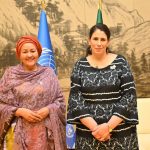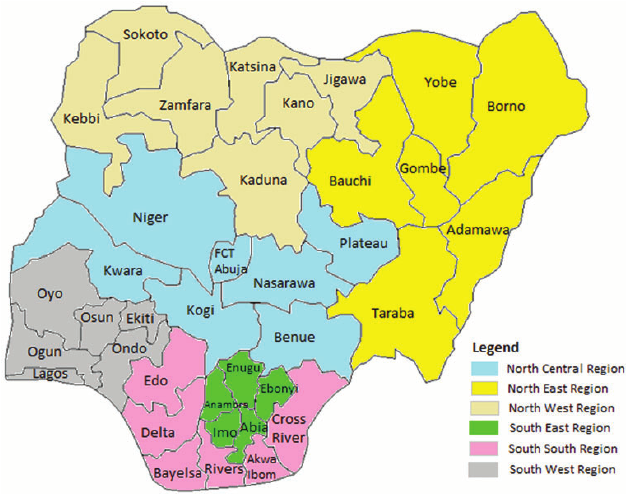Fostering Sustainable Governance: Proposals for Nigeria’s Political Landscape
By Engr John Perede Akpoyibo
In Nigeria, the pursuit of effective governance has long been hindered by systemic challenges, including corruption, inefficiency, and disconnect between politicians and the populace. Recognizing the need for transformative change, the Global Impact Foundation Worldwide proposes two forward-thinking solutions aimed at revitalizing Nigeria’s political landscape: promoting a diverse political class with entrepreneurial backgrounds and advocating for a reduction in the cost of governance.
Promoting a Diverse Political Class:
One of the fundamental pillars of a healthy democracy is a political class that is representative of the diverse interests and experiences of the population. In Nigeria, there is a pressing need to cultivate a political class with a broader range of backgrounds, particularly in entrepreneurship and business. Politicians who have firsthand experience in enterprise are better equipped to understand the challenges faced by small businesses and the informal sector, which form the backbone of the Nigerian economy.
By encouraging individuals with entrepreneurial backgrounds to enter politics, we can inject fresh perspectives and innovative solutions into governance. These politicians are more likely to prioritize policies that foster economic growth, job creation, and sustainable development, ultimately benefiting all Nigerians. Additionally, their connection to the private sector can help bridge the gap between government and business, fostering collaboration and partnership for the greater good.
Advocating for Reduced Cost of Governance:
The exorbitant salaries and perks enjoyed by Nigerian politicians have long been a source of contention among the populace. In a country where millions live below the poverty line, the lavish lifestyles of political elites serve as a stark reminder of the growing disparity between the ruling class and the ordinary citizens. To address this imbalance and promote greater accountability, the Global Impact Foundation Worldwide advocates for a reduction in the cost of governance.
By making political office less financially attractive, we can attract individuals who are genuinely committed to public service rather than personal gain. Lower salaries for politicians would not only reduce the burden on taxpayers but also encourage elected officials to maintain livelihoods outside of their political duties. This would ensure that politicians remain connected to the realities of everyday Nigerians, fostering empathy and accountability in governance.
Furthermore, reducing the cost of governance would free up much-needed resources that can be redirected towards essential services such as healthcare, education, and infrastructure development. By streamlining government spending and eliminating wasteful practices, we can create a more efficient and sustainable economy that benefits all Nigerians, especially the most vulnerable members of society.
As Nigeria stands at a crossroads, the need for bold and innovative solutions to its governance challenges has never been greater. By promoting a diverse political class with entrepreneurial backgrounds and advocating for a reduction in the cost of governance, the Global Impact Foundation Worldwide seeks to pave the way for a more inclusive, accountable, and prosperous future for all Nigerians. It is our hope that policymakers and stakeholders will heed these proposals and work together to build a brighter tomorrow for generations to come.












